Before entering the world of international aid and development, June had a successful career as a university teacher and broadcast journalist. She held academic posts at universities in the UK, Jordan, the US, Australia and Singapore and wrote a number of books ranging from a critical edition of French poetry to a book about aerobic exercise (a sign of the times!) After moving to Australia, June entered the corporate world as a communications specialist at one of Australia’s biggest companies.
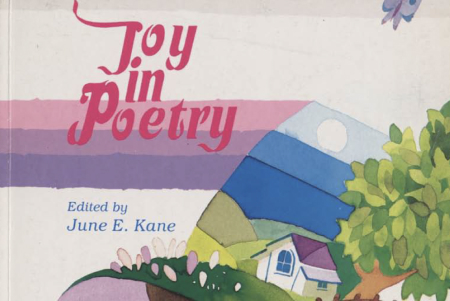
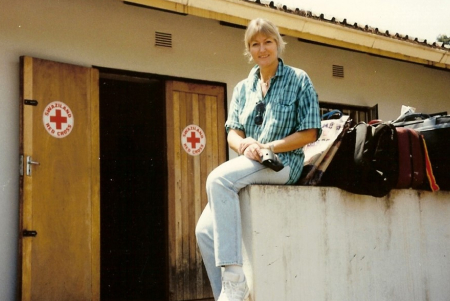
In 1992, June was appointed as Director of Information by the International Red Cross in Geneva, Switzerland. In this role, she oversaw work in media relations, publications, public information and external relations and worked with colleagues in head office and in the field. June undertook a number of field missions to the Balkans (during the Balkans war), China, Malaysia and Swaziland (where this picture was taken). She also represented the Public Affairs office on trips to New York, Washington and London.
June resigned from the International Red Cross in 1994 to take on an assignment in the Department of Humanitarian Affairs at the United Nations in Geneva.
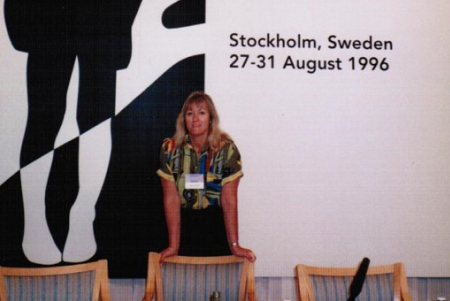
After a brief spell as Geneva Bureau Chief and then Acting National Director of the not-for-profit organization Care Australia, June accepted an offer from UNICEF to take on the role of Spokesperson and Communications Coordinator for the first World Congress against Sexual Exploitation of Children. This major conference, which took place in Stockholm, Sweden, in August/September 1996, saw June travelling around the world to gather data and stories on sexual abuse and exploitation of children, actions being taken to address it, and government responses and initiatives.
In Summer 1996, the death of two young girls in Belgium at the hands of a serial rapist and trafficker put the issue firmly on the front pages of the world’s newspapers and the conference became a pivotal moment in both global recognition of the problem and public demands for governments to act. Thus began what became June’s profession and passion for the next almost three decades, as she worked with both UNICEF and other UN agencies to research, spread information on and act against this form of violence against children.
Following the Stockholm Congress, June was asked to chair a Hearing at the European Commission in Brussels to guide EU action against sexual abuse and exploitation of children. Out of this meeting grew the “Daphne Programme”, a funding line for multi-agency projects across Europe working for children. June coordinated the programme for the next decade, in addition to her UN work, and developed a number of tools for the use of NGOs.
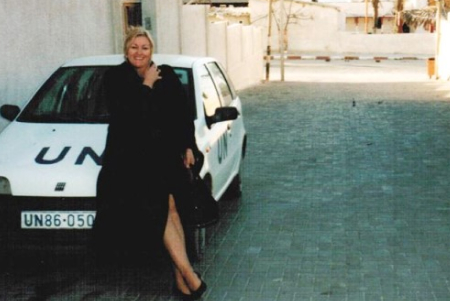
At the same time, June was asked to take on a Specialist role with the UN Relief and Works Agency (UNRWA) in Palestine, and spent some time in Gaza developing public information materials and press strategies (the photo was taken in Gaza in 1997).
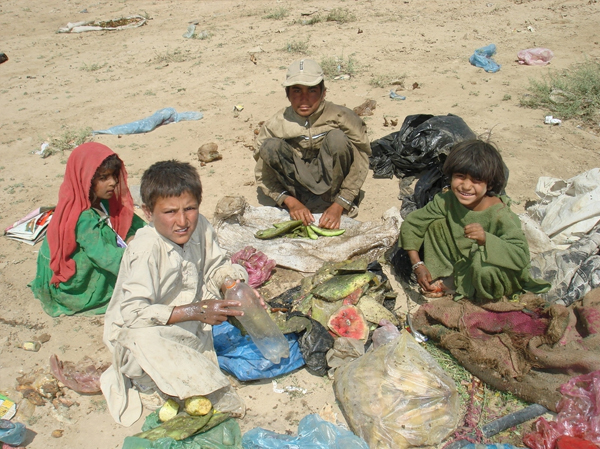
In 1999, there was a significant milestone in work for the protection of children, when an international convention was adopted concerning the worst forms of child labour. These include child prostitution, child pornography and trafficking, and June was asked by the International Labour Organization (ILO), the ‘guardian’ of the convention, to undertake an evaluation mission of projects funded in Asia and Latin America. June’s work portfolio has built on this since that date, including research, writing, media tools, strategy, training and programming in the areas of child labour, exploitative/forced labour and also other forms of violence against children and women.
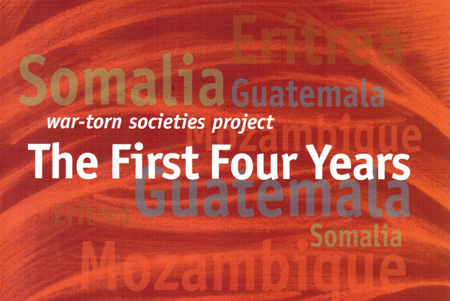
In late 1999 and 2000, June accepted a short assignment providing communications advice to an innovative programme under the auspices of the UN Research Institute for Social Development (UNRISD), called the War-Torn Societies Project (WSP) and, in 2000, she provided communications advice to the Swiss Government in preparation for the first ever meeting of the UN General Assembly outside New York. This UN GA Special Session (UNGASS) met in Geneva to debate social development. These were “minor punctuation marks” in June’s career, she says, and her focus continued to be child protection.
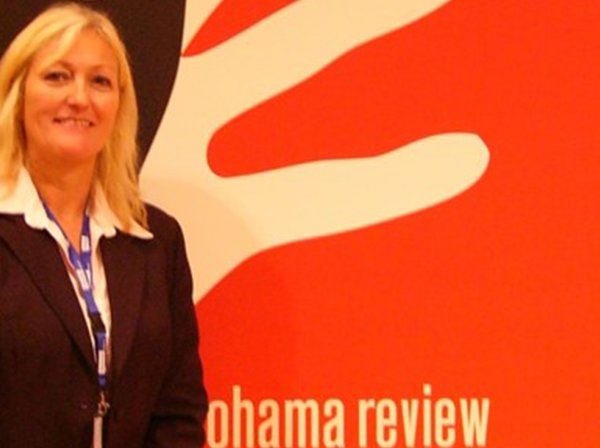
In 2001, UNICEF approached June to reprise her role as Spokesperson and Communications Coordinator for the second World Congress against Commercial Sexual Exploitation of Children. This second conference was held in Yokohama, Japan, in 2001. [June was invited by the Government of Brazil to participate in and provide advice to the third Congress, which was held in Rio de Janeiro in November 2008, although this time June’s role was primarily to draft and negotiate with government delegations the text of the conference outcome document, the Rio Pact.]
Meanwhile, June’s work with the ILO picked up pace and she produced for the ILO a number of important publications on child trafficking, domestic child labour and forced labour.
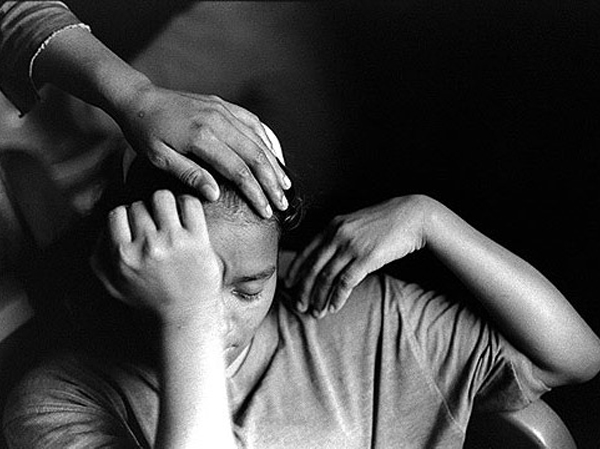
In 2006, June was asked to take on the short-term role of Lead Information Officer for the UN Secretary-General’s Study on Violence against Children. This three-year global study was presented to the UN General Assembly, in the Secretary-General’s name, by Special Representative Sergio Pinheiro. Out of this assignment came a number of publications relating to violence against children across the world.
That same year, June began developing a series of publications on various forms of violence tackled by the Daphne Programme, and bringing together lessons learned from the Daphne-funded projects and available research. Thus work in child protection continued in different forums.
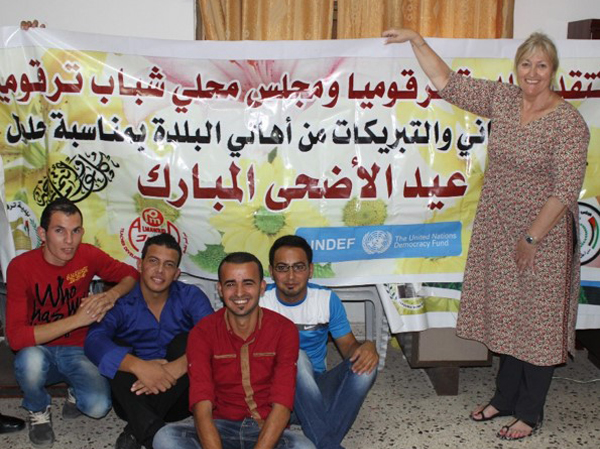
While June’s work for children and women continued, she was invited to join a team of researchers evaluating programmes being run by the UN Democracy Fund (UNDEF). As part of this team, June specialised in programmes for children and women, and travelled widely visiting the projects and meeting both those running the programmes and many of the beneficiaries. The results of these evaluation visits were written up in lessons-learned reports and made public to help others designing programmes.
In 2013, June took up a role teaching Women and International Development at Victoria University, Melbourne, Australia.
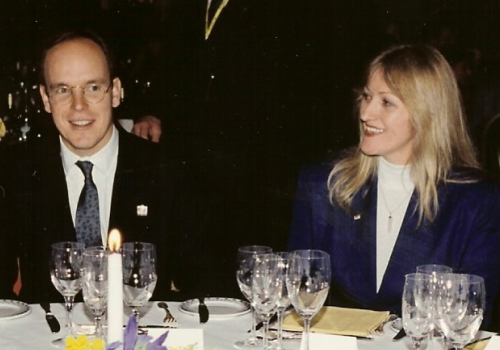
June’s work continued almost without interruption until 2018, when she took on a teaching role at RMIT University, teaching Global Governance and International Law. She was subsequently made an Adjunct Professor of the University. In 2019, June continued work with the ILO but, like many things, work was affected by the arrival of COVID-19. As foreign missions became impossible, June began working to remotely support local ILO teams in the field, particularly in Africa, and was also able to produce streamlined reports on Madagascar and Nepal.
The COVID pandemic severely affected child labour, as numbers that had been falling first levelled out and then began to climb again. Sadly, the work continues…
